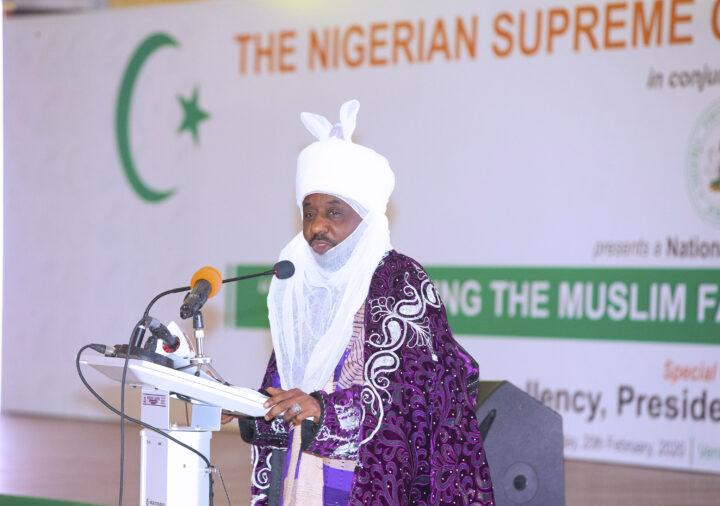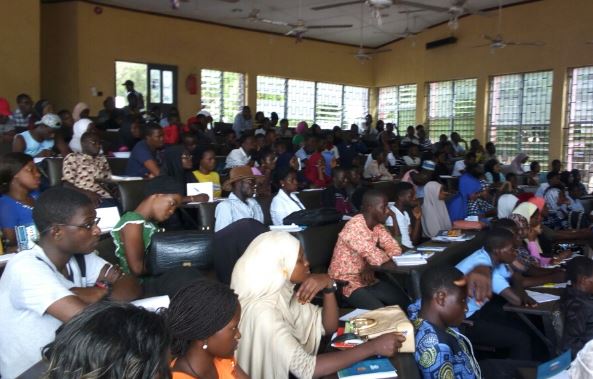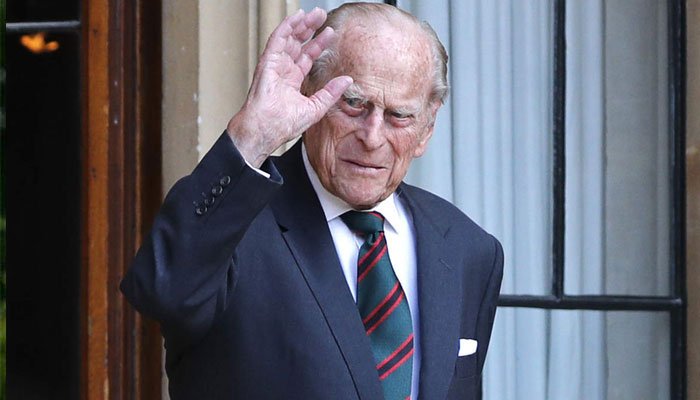PRESIDENT BUHARI AND FIRST ATTENDS MUSLIM FAMILY VALUES. 3C The Emir of Kano, HIS Highness Muhammadu Sanusi 11 Sarkin Kano speaking during the national Conference of repositioning the Muslim Family for National Development organised by future Assured and Nigeria Supreme Council for Islamic Affairs (NSCIA) held at the State House Banquet Hall Presidential Villa. Abuja. PHOTO; SUNDAY AGHAEZE. FEB 20 2020
Muhammadu Sanusi, the former emir of Kano, says the country’s political system is economically unsustainable.
He spoke on Thursday at an online roundtable event titled ‘Debt Relief for a Green and Inclusive Recovery in Nigeria?’ organised by the Heinrich Böll Foundation and the Centre for the Studies of the Economies of Africa (CSEA).
The ex-governor of the Central Bank of Nigeria (CBN) said the country is primed for failure if it continues with the current system which caters to the expenses of politicians.
“We have 36 states, 774 local governments, each LGA has a chairman, a speaker, at least 10 councilors, the state has a governor, deputy and legislature. You can imagine the hundreds of legislators,” Sanusi said.
Advertisement
“By constitution, we have a president and vice-president, 36 ministers. We have a bicameral legislature consisting of 360 house of rep members and 109 senators.
“Each of these political office holders has a retinue of personal staff, vehicle and so on. We have set ourselves up to fail.
“If the bulk of money in a company is spent on salaries of the managing director, the management, petrol for their cars and maintenance, you have a bad loan.
Advertisement
“Even if we have debt relief, if we do not come to terms with the fact that we have politically set ourselves up with a structure that is unsustainable in terms of cost, we are not going anywhere.”
According to Sanusi, debt relief is crucial for Nigeria to pursue considerable economic development.
However, he noted that it must be linked to a clear policy direction which would guarantee significant and lasting impact to the economy.
He lamented that in the past when Nigeria got debt relief, the country went back to spending on overhead costs, subsidies on fuel and fertilisers.
Advertisement
Sanusi advocated for social policies to check population growth, as well as the need to preserve land resources for agriculture.
“Another element is the rapid rate of growth in population and therefore I would suggest that if you really need sustainable development, debt relief can also be tied to very clear, very measurable and implementable population growth control policies,” Sanusi added.
“We need to have social policies around demographic growth. There are parts of this country where the fertility rate is more than eight live births per woman. Some parts are also highly polygamous.
“There’s no way you can continue growing at 3.4 per cent when your economy is growing at a slower rate and expect to deal with poverty. We should fashion policies around population, education, targeted programmes to reduce out of school children, quality jobs.”
Advertisement
Recently, finance ministers of G-20 countries approved an extension of debt relief for the poorest nations of the world, including Nigeria, till December 2021.
Advertisement






